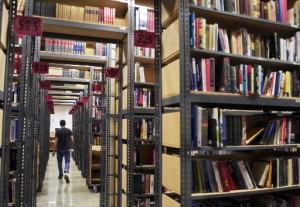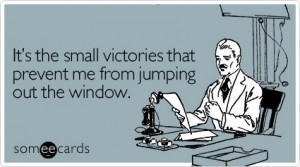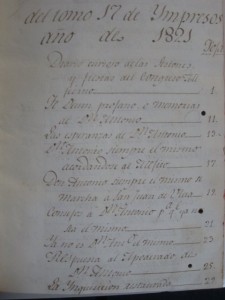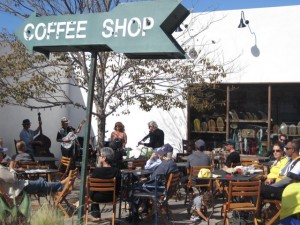Growing up, I was always told not to wait to the last minute. Procrastination was a sign of laziness or not planning properly — both of which were not allowed. I’ve always been good about meeting deadlines and even working on drafts and getting thing in early. If I wasn’t ahead of schedule, that meant I was behind.
As I’ve gotten older and my schedule less deadline-driven, I’ve had a harder time always staying on task. I find myself putting off the most unpleasant tasks — tasks that aren’t necessary hard or time-consuming, but mostly just emotionally draining. And that draining often comes from fear of failing. Whether it’s emailing a committee member or turning in a draft of a book review, that persistent, nagging fear of rejection continues to haunt me. There was actually a point in my life where my heart started pounding and a pit began developing in my stomach just opening my email. Because, let’s face it, no good news comes through email.
If anyone has advice about overcoming fear / handling procrastinating tendencies, I’d be very appreciative. One valuable piece of wisdom that helps me: you’ll spend more time worrying about the task then it’ll take to actually complete it. The crazy thing is that sometimes, even after I’ve completed the task, I’ll still find myself worrying about doing it. That’s the worse…








